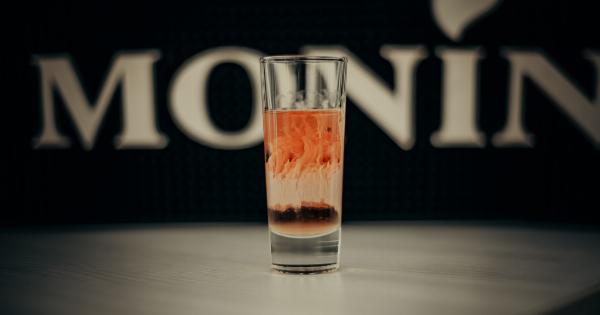In the realm of health and wellness, there are countless rules and recommendations that are commonly touted as essential practices. One such rule that many people have heard is the need to drink eight glasses of water per day.
However, it is important to question whether this is truly necessary for everyone. In this article, we will explore the origins of the “eight glasses a day” rule, examine the research surrounding hydration, and determine whether this guideline holds true for everyone.
The Origins of the Eight Glasses Rule
The notion that individuals need to consume eight glasses of water each day is a popular belief that has been passed down through generations.
However, it is crucial to understand that this guideline did not originate from scientific research or academic studies.
In fact, it can be traced back to a statement made in a 1945 publication by the Food and Nutrition Board of the National Research Council, which stated that “a suitable allowance of water for adults is 2.5 liters daily” – equivalent to approximately eight glasses.
Understanding Hydration
Water is undoubtedly a vital part of our overall well-being, as it plays a crucial role in various bodily functions. Staying properly hydrated helps regulate body temperature, transport nutrients, lubricate joints, and flush waste from the body.
However, the amount of water each individual requires can vary based on several factors, including age, body weight, activity level, and climate.
The Myth of Eight Glasses
While the concept of consuming eight glasses of water daily has been ingrained in popular culture, it is important to recognize that this number is not based on scientific evidence.
The Institute of Medicine (IOM) guidelines for daily water intake suggest that men should aim for approximately 3.7 liters (about 13 cups) of total water per day, while women should strive for about 2.7 liters (about 9 cups) of total water per day. It is important to note that these recommendations include water from all sources, including beverages and food.
Factors Affecting Water Needs
Several factors can influence an individual’s water needs. One of the primary factors is physical activity. Those who engage in intense exercise or live an active lifestyle may require more water to replace fluids lost through sweat.
Additionally, individuals living in hot or humid climates may need to increase their fluid intake to compensate for greater water loss through perspiration.
Individual Variations
Each person’s body is unique, and therefore, their water requirements may differ. Factors such as age, body size, and overall health can influence an individual’s hydration needs.
Older adults may have a reduced sense of thirst, which can put them at a higher risk of dehydration if they do not consciously consume an adequate amount of fluids. Pregnant or breastfeeding women also require additional water to support the needs of their growing baby.
Water Sources Beyond Glasses
It is essential to recognize that beverages are not the sole source of hydration. Many foods, particularly fruits and vegetables, contain high water content and contribute to overall hydration.
Foods such as watermelon, cucumbers, and lettuce can provide a significant amount of water to one’s daily intake. Additionally, beverages like tea, coffee, and even milk contribute to overall hydration.
Signs of Proper Hydration
Instead of monitoring the number of glasses consumed, it is more helpful to pay attention to the body’s signals to determine if adequate hydration is being maintained.
Signs of proper hydration may include clear or light-colored urine, minimal thirst, and normal body functions. It is important to note that excessive water intake can also have adverse effects on health, leading to hyponatremia, a condition characterized by low sodium levels in the blood.
Addressing Common Misconceptions
Despite lacking scientific evidence, the belief in the necessity of eight glasses of water daily has perpetuated numerous myths. One such myth is the claim that dehydration can cause headaches.
While dehydration can be a contributing factor to headaches, there are various causes for this condition, and water intake alone may not be the solution. It is crucial to consider other factors, such as sleep, stress, and overall health.
Conclusion
The notion that everyone needs to consume precisely eight glasses of water daily is not supported by scientific evidence. While water is undeniably important for our overall health, individual hydration needs can vary based on numerous factors.
It is essential to listen to our bodies, consider external factors like climate and activity level, and consume a well-balanced diet that includes hydrating foods. By paying attention to our body’s signals and maintaining a holistic approach to hydration, we can ensure our individual water needs are met.






























